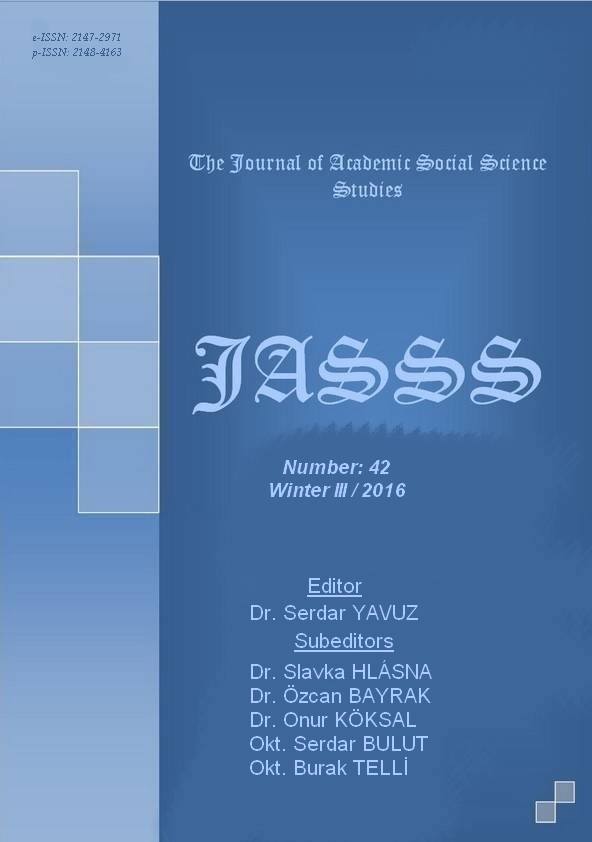Author :
Abstract
Turizm ürününün kendine has özellikleri göz önüne alındığında sadece soyut bilgilerle ve vaatlerle değerlendirilmesi ve turistin bu soyut bilgilerle satın alma sürecini yönetmesi zorunluluğu turizm sektörünü bilgi endüstrisiyle bütünleştirmiştir. Yeni medyalar öncesi yalnızca niteliksel bilgileri taşıyan teknolojiler, artık sosyal ve hedonik ihtiyaçları karşılayan bir sistem haline dönüşmüştür. Yeni medyalarla birlikte artık profesyonel içeriktense sosyal içerikleri tercih eden turistler turizm ürününün doğasında olan belirsizliği ve risk algısını azaltmak için sosyal bir onaya ihtiyaç duyarlar. Turistin sosyal onaya olan ihtiyacı onu yeni medyalarla daha yoğun bir akışa götürmektedir. Bu noktada yaşanılan akışın doğru yönetimi ve bu akış sürecinde sosyal içeriklere karşı servis edilen geribildirimler turistin satın alma niyetini pozitif şekilde etki edeceği düşünülebilir. Bu nedenle yapılan araştırma, bilgi yoğun bir endüstri haline dönüşen turizm sektöründe turistlerin satın alma niyetini birinci dereceden etkileyen risk algısı, yeni medya ve akış teorisi ekseninde ele alınmış ve değerlendirilmiştir. Yeni medyalarda yaşanılan akışın artması turistik risk algısını azalttığı ve satın alma niyetini arttırdığı bulgularla sunulmuştur. Tüm bulgular çok geniş bir sahada yapılan taramalarla multidisipliner boyutta ele alınmış ve karşılaştırılmıştır.
Keywords
Abstract
Considering specific properties of the tourism product, assessment only with abstract information and promises and tourist's requiremen of managing purchase process with such abstract information have integrated tourism sector with information industry. Tourists who prefer social content over Professional content in purchasing process with new media fall in need of social approval to reduce ambiguity that is inherent to the tourism product and the rick perception created by this kind of ambiguity. Tourists’ need for social approval steers them towards a more intensive flow with new media. It can be considered that correct management of the flow at this point and feedback served for social contents in this flow processes will put a positive effect on the purchase intent. Therefore, this research discusses and evaluates risk perception which directly affects tourists’ purchase intent in tourism sector that has turned into an information intensive industry, on the axis of new media and flow theory. It is asserted with findings that increased flow with new media reduces touristic risk perception and increases the purchase intent. All findings are considered in a multidisciplinary dimension and compared with wide scale surveys. The multidisciplinary literatüre area creates different perspectives and allows criticism of many concepts as emphasized in the discussions section.





